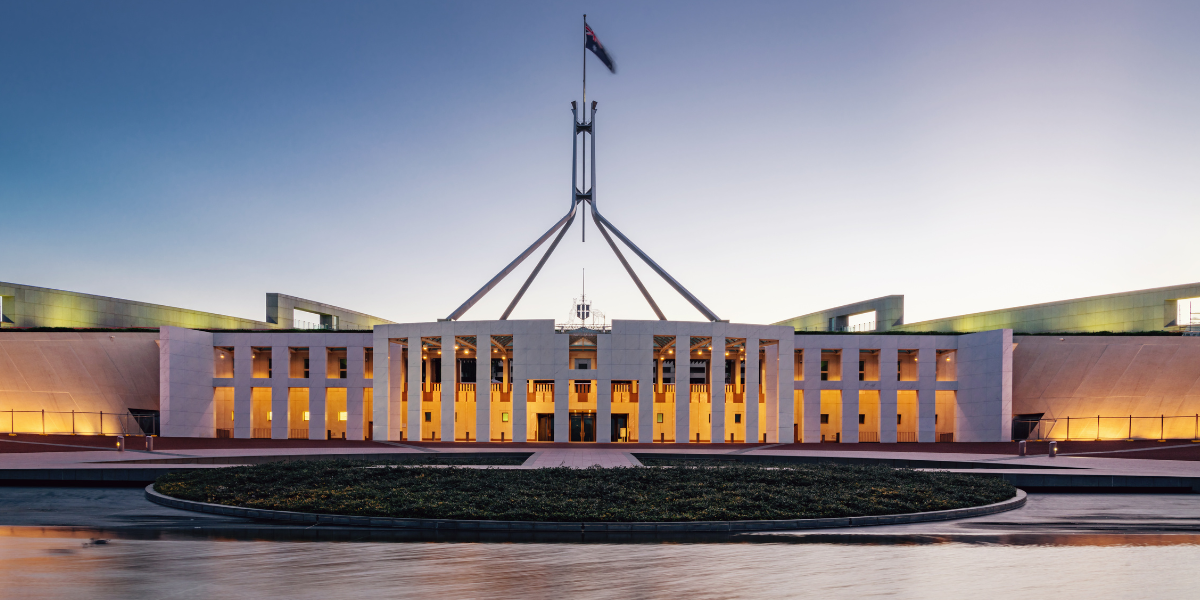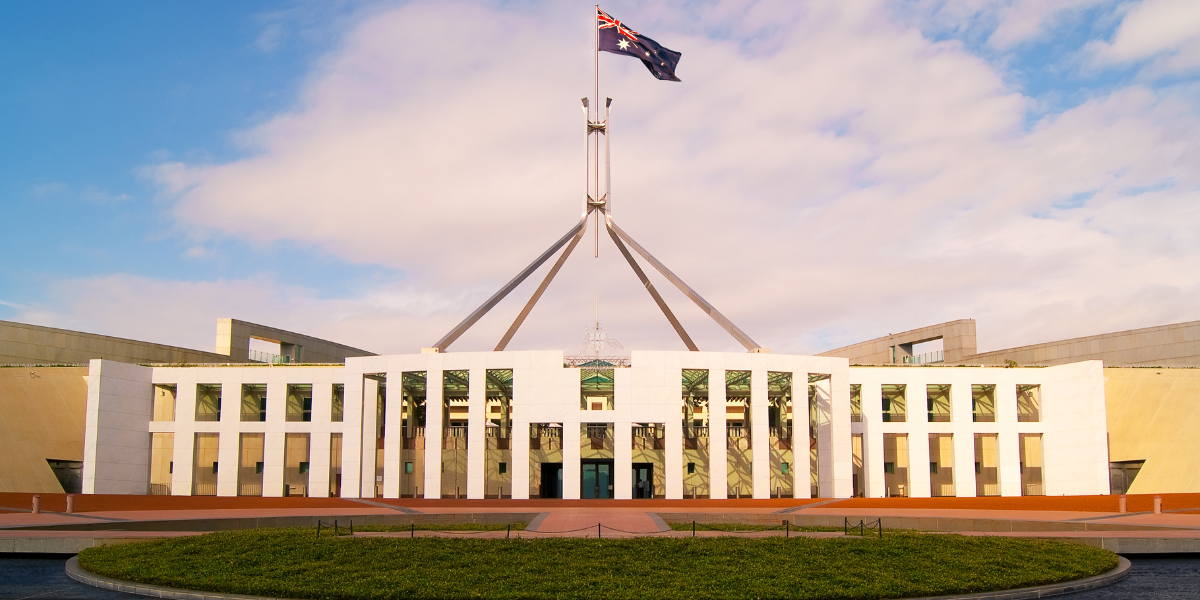On 9 May 2023, Mr. Jim Chalmers, the Australian Treasurer handed down Federal Budget for FY 2023-24, with some proposed changes to tax and superannuation laws. Many of the measures announced are subject to receiving royal assent and therefore not yet law. The key tax measures of the budget are outlined as follows:
Global Minimum Tax and a Domestic Minimum Tax
The Government is introducing a global minimum tax and a domestic minimum tax to ensure that large multinational enterprises pay a minimum level of tax in the jurisdictions in which they operate. These measures will reduce incentives for multinationals to shift their profits to low-tax jurisdictions, level the playing field for Australian businesses and protect Australia’s revenue base.
From 1 January 2024 large Australian multinationals and the Australian operations of large foreign multinationals will pay an effective tax rate of at least 15 per cent. From 1 January 2025, Australia will also be able to tax the foreign operations of large foreign multinationals that operate in Australia, to ensure that they have paid at least 15 per cent tax. These changes are part of OECD efforts to make multinationals pay their fair share of tax
The global minimum tax and domestic minimum tax will be applicable for large multinational entities (MNEs) with annual worldwide revenue of at least EUR 750 million.
Gas Transfer Pricing
The Government will reform the Petroleum Resource Rent Tax (PRRT) to ensure a fairer return to the Australian community from Australia’s liquefied natural gas resources while providing certainty to industry and investors to support domestic gas supply and ensure Australia remains a reliable trade and investment partner. From 1 July 2023, the Government will cap the level of deductions that PRRT LNG projects can use to ensure that projects pay PRRT sooner. The change will limit the amount of PRRT assessable income that can be offset by deductions to 90 per cent, so that a minimum of 10 per cent of income will be subject to PRRT.
From 1 July 2023, the Australian Government will update the PRRT general anti avoidance rule (GAAR) and the arm’s length rule to clarify their application to the Petroleum Resource Rent Tax Assessment Regulation 2015.
Small business asset write-off
As part of the 2023–24 Budget, the Australian Government announced it will improve cash flow and reduce compliance for small businesses by temporarily increasing the instant asset write-off threshold to $20,000, from 1 July 2023 until 30 June 2024.
Small businesses, with aggregated turnover of less than $10 million, will be able to immediately deduct the full cost of eligible assets costing less than $20,000 that are first used or installed ready for use between 1 July 2023 and 30 June 2024.
The $20,000 threshold will apply on a per asset basis, so small businesses can instantly write off multiple assets. Assets valued at $20,000 or more (which cannot be immediately deducted) can continue to be placed into the small business simplified depreciation pool and depreciated at 15% in the first income year and 30% each income year after that.
Small business energy incentive
Small Business with annual turnover less than $50 million will be entitled to an additional 20% tax deduction on spending that supports electrification and more efficient energy use. Up to $100,000 of total expenditure will be eligible for the incentive, with the maximum bonus tax deduction being $20,000 per business. Eligible assets or upgrades will need to be first used or installed ready for use between 1 July 2023 and 30 June 2024.















